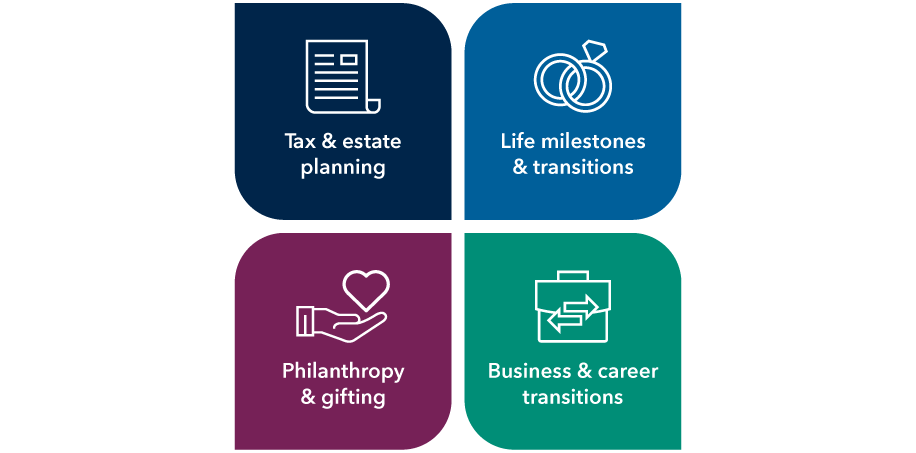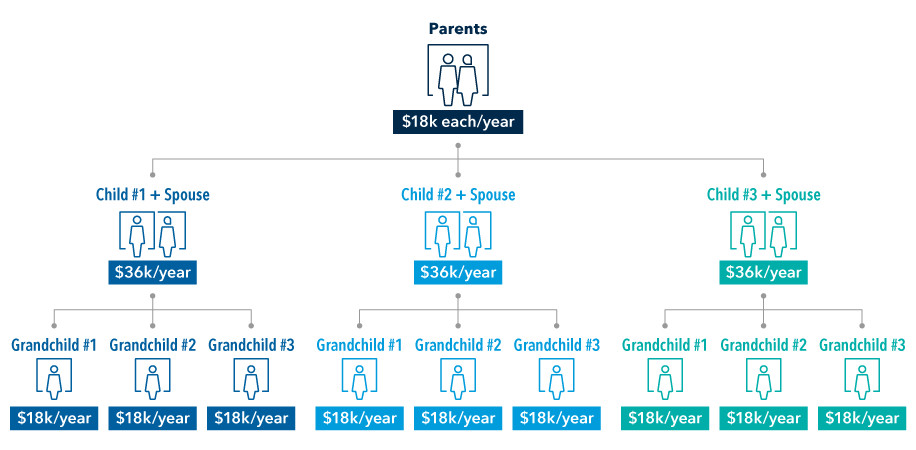It’s not just investment expertise that will win the business stemming from this money in motion. Technical expertise will also be needed. Large inheritances don’t always come in lump sums that are ready to invest. Instead, they will often be in the form of trusts, so the ability to help with the related legal and technical issues is another way advisors can add value.
Money in motion won’t always go to a family member, of course. Many high net worth investors also give to charitable causes. In those cases, there are considerations like the timing of a contribution, not to mention which assets exactly to donate. But first, there is a decision to make about where the donation should go. And the number of options is bewildering. According to the Internal Revenue Service, in 2023 there were more than 1.99 million nonprofits in the United States alone. Savvy advisors can help clients navigate this landscape.
Clients can think of this akin to a hiring process: They need to consider their own needs, find a set of potential candidates and then vet the finalists. And as the trusted advisor, you can help clients discover and dial in to a core set of family values, which can then guide how clients target their philanthropy.
Specifically, you can help clients develop a personalized mission statement that will drive their philanthropic efforts. Encourage them to define what’s important to them and how they want to be remembered. Make this the focus of a client meeting and encourage them to invite their children. Getting input from family members can clarify where priorities overlap. Then they can zero in on sectors or population groups they most want to impact or help.
As your clients begin to identify the types of causes that resonate most with them, connect them to resources that could help them find individual charities in those areas. Then clients can create a short list of candidates for donation.
Read more on philanthropy and gifting
How to help HNW investors create a values-based charitable giving plan
Bridge the Generation Gap: How to have a family wealth briefing
My client received an inheritance
Build a multigenerational growth strategy






